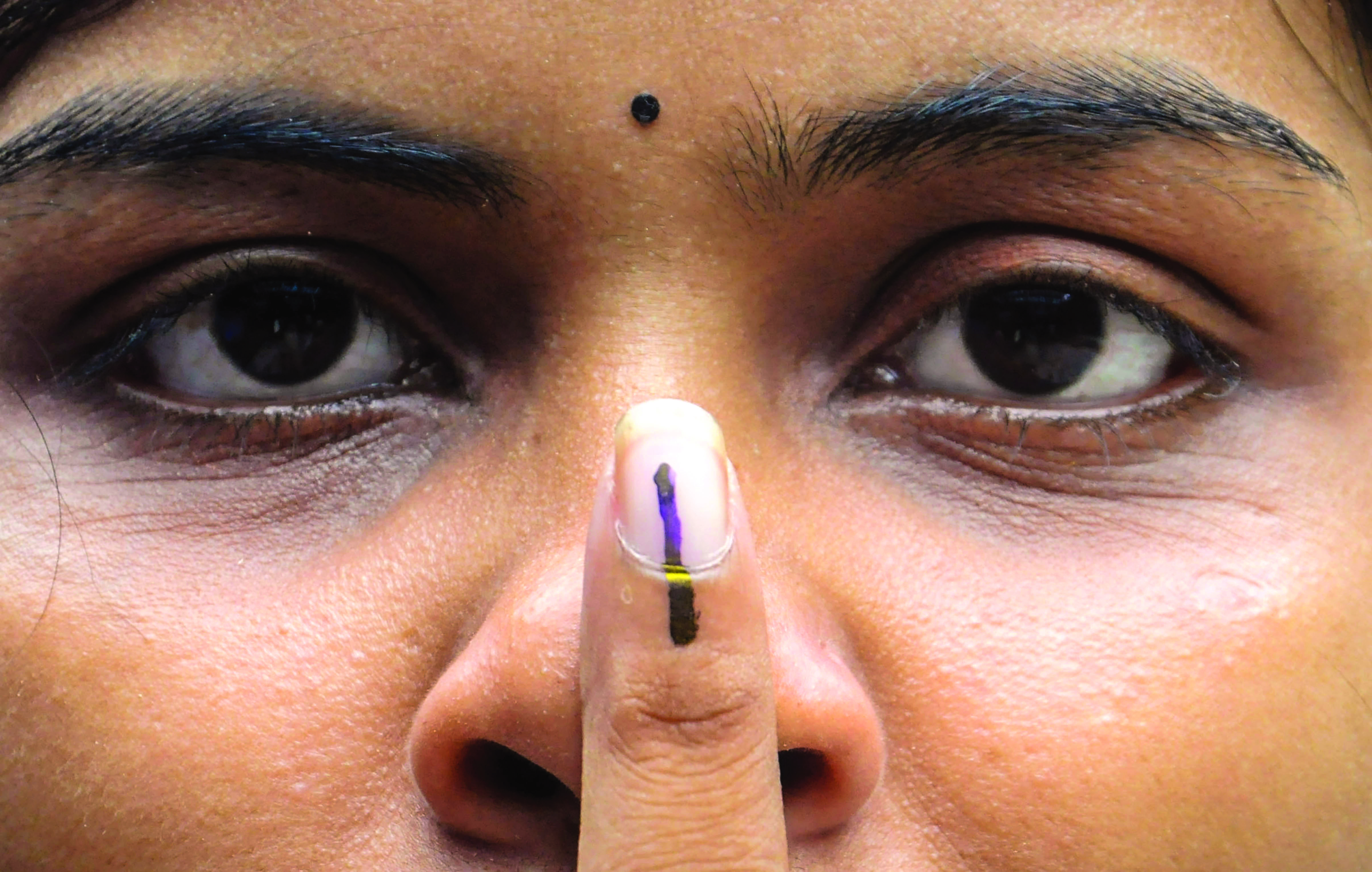‘ONOE Bills deferred to later this week as LS focuses on finances’

New Delhi: The government has deferred the introduction of two key Bills aimed at implementing the ‘One Nation, One Election’ plan in the Lok Sabha until the completion of financial business, according to sources. These Bills, initially scheduled for introduction on Monday, will likely be tabled later this week following the passage of supplementary demands for grants.
The Constitution (129th Amendment) Bill, 2024, and the Union Territories Laws (Amendment) Bill, 2024, were listed in the original agenda for Monday. However, the revised list of businesses issued by the Lok Sabha secretariat did not include these Bills. Despite this, the government retains the flexibility to bring in legislative proposals through a ‘Supplementary List of Business’ with the Lok Sabha Speaker’s approval.
The Bills were circulated among members last week as part of the procedural requirement, and they address the government’s ambitious plan to synchronise Lok Sabha and state assembly elections. The Winter Session of Parliament, set to conclude on December 20, provides a narrow window for their consideration and passage.
The Constitution (129th Amendment) Bill underscores the pressing need for simultaneous elections, citing the escalating costs and logistical challenges associated with frequent polls. It highlights how the repeated imposition of the Model Code of Conduct during elections hampers development projects and disrupts public life. Additionally, it diverts essential manpower from core services for prolonged election duties.
The Bill proposes significant constitutional changes to facilitate synchronised polls. It seeks to insert Article 82A into the Constitution and amend Articles 83, 172, and 327. Under the proposed framework, the tenures of both the Lok Sabha and state assemblies would be aligned to ensure simultaneous elections.
A key feature of the Bill is the introduction of an “appointed date” following a general election. From this date, the tenure of the Lok Sabha and state assemblies would be synchronised. In cases of premature dissolution, the newly constituted House would serve only the unexpired term of the original tenure, ensuring the electoral cycle remains intact.
The Bill points out that simultaneous elections were conducted during the early years of India’s democracy in 1951-52, 1957, 1962, and 1967. However, this cycle was disrupted by the premature dissolution of certain state assemblies in 1968 and 1969, leading to the current system of staggered elections.
The measure is based on recommendations by a high-level committee led by former President Ram Nath Kovind. While the committee also suggested integrating local body elections with national and state polls, the government has chosen not to pursue this aspect at this stage.
The statement of objects and reasons emphasises the broader economic and administrative benefits of simultaneous elections. It seeks to reduce the financial burden on the exchequer, streamline governance, and minimise the interruptions caused by the frequent imposition of the poll code.
Alongside the Constitution Amendment Bill, the government plans to introduce the Union Territories Laws (Amendment) Bill, 2024. This Bill proposes consequential amendments to existing laws governing the Union Territories of Puducherry, Delhi, and Jammu and Kashmir, aligning their election cycles with the Lok Sabha and state assemblies.
The amendments will bring the Government of Union Territories Act, 1963 (Puducherry), the Government of National Capital Territory of Delhi Act, 1991, and the Jammu and Kashmir Reorganisation Act, 2019, in sync with the ‘one nation, one election’ framework. These territories, which have legislative assemblies, are key to ensuring uniformity in the electoral calendar.
For the Constitution (129th Amendment) Bill to be enacted, it must secure a two-thirds majority in both Houses of Parliament. Unlike most constitutional amendments, this Bill does not require ratification by at least 50 per cent of state legislatures under Article 368 of the Constitution. Meanwhile, the Union Territories Laws (Amendment) Bill requires only a simple majority for passage.



